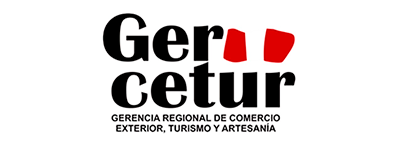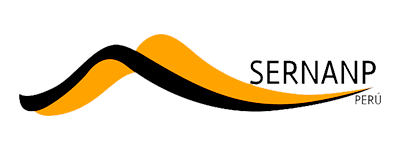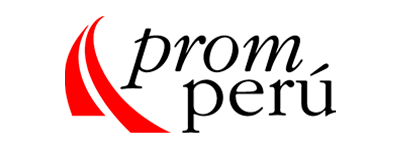Frequently Asked Questions (FAQs): Explore our comprehensive Frequency Asked Questions guide for quick insights. We cover common queries, providing clarity and solutions. Dive into a resourceful compilation addressing your concerns. Let us assist you with informative responses to streamline your journey. Discover answers and elevate your understanding effortlessly.
Machu Picchu is an ancient Incan citadel located in the Andes Mountains of Peru. It was built in the 15th century and abandoned a century later during the Spanish conquest of the Inca Empire. Machu Picchu remained hidden from the world until it was rediscovered in 1911 by American historian Hiram Bingham. Today, it is one of the most famous and visited archaeological sites in the world, known for its stunning mountain setting, impressive stonework, and mysterious history.
The capital of Peru is Lima. It is a vibrant and bustling city that offers a mix of history, culture, and modern amenities. Visitors to Lima can explore the historic center, which is a UNESCO World Heritage site and home to many colonial-era buildings and landmarks. They can also visit museums, art galleries, and traditional markets, as well as enjoy the city’s culinary scene, which is considered one of the best in South America.
Peru has a varied climate due to its diverse geography and topography. The coastal regions are mostly arid and have a mild, temperate climate, while the Andes Mountains are cooler and drier, with temperatures that can vary widely depending on altitude. The Amazon rainforest is hot and humid year-round. Generally, the best time to visit Peru is during the dry season, which runs from May to September.
The Amazon rainforest is the largest tropical rainforest in the world, covering a vast area in South America that includes parts of Brazil, Peru, Colombia, and other countries. In Peru, visitors can explore the Amazon by taking a guided tour or staying at a lodge deep in the rainforest. There are many activities to do, such as wildlife watching, birding, hiking, and learning about the local indigenous communities and their way of life.
Peruvian cuisine is a mix of indigenous, Spanish, African, and Asian influences, resulting in a diverse and flavorful cuisine that has gained worldwide recognition in recent years. Some of the most famous dishes include ceviche (raw fish marinated in citrus juice), lomo saltado (stir-fried beef), and causa (a potato-based dish with various fillings). Peru is also known for its beverages, such as pisco (a grape brandy) and chicha morada (a sweet purple corn drink).
The official languages of Peru are Spanish, Quechua, and Aymara. Spanish is the most widely spoken language, especially in urban areas and among the educated population. Quechua and Aymara are indigenous languages spoken by a significant portion of the population, particularly in the Andes and the highlands.
The official currency of Peru is the sol (PEN). US dollars are widely accepted in many tourist areas, but it’s always a good idea to have some local currency on hand. ATMs are widely available in cities and towns, and credit cards are accepted in many establishments, but it’s always a good idea to check beforehand.






